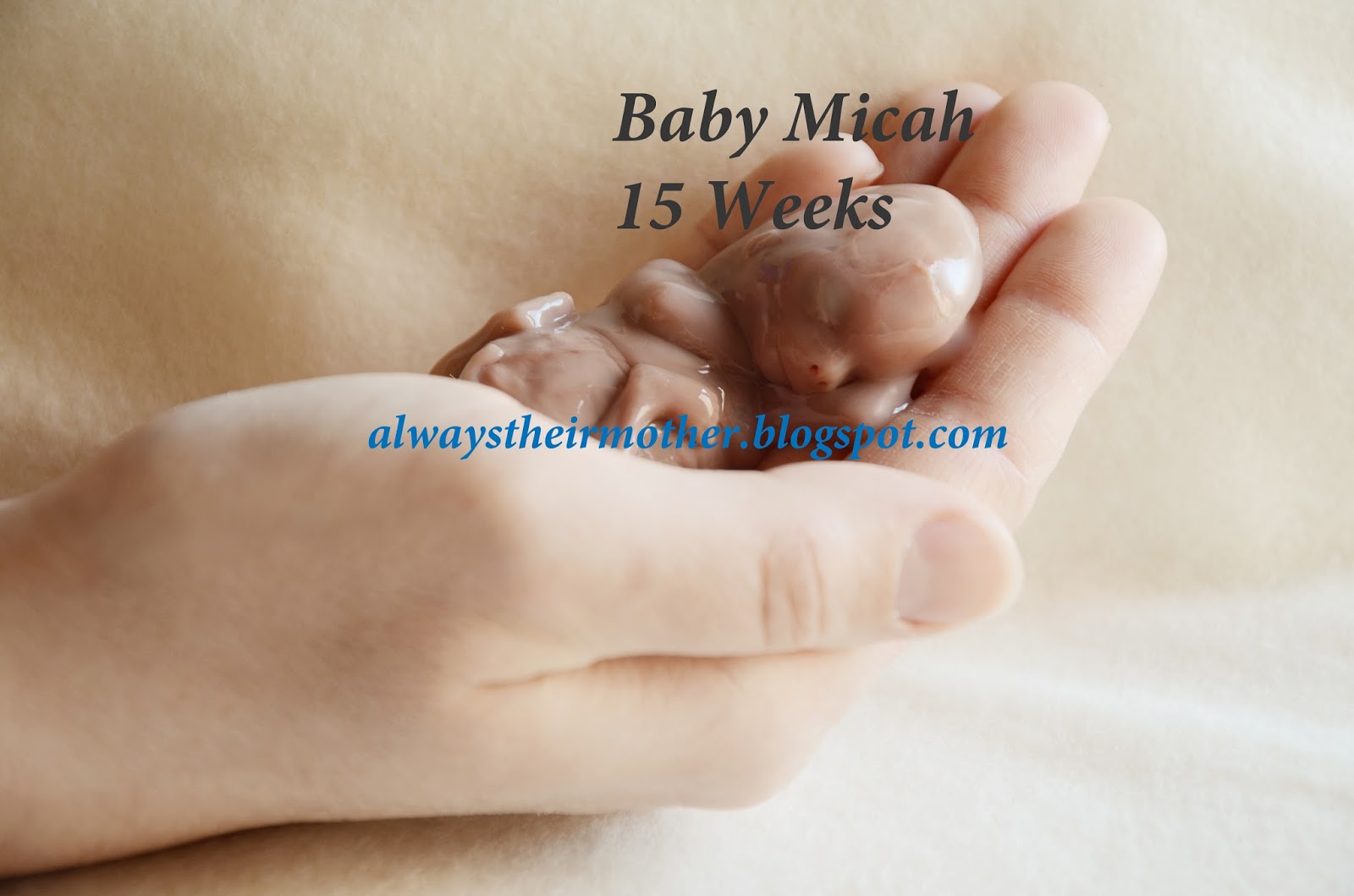A miscarriage can be one of the most devastating experiences for expecting parents. At 15 weeks, many women are starting to feel a sense of relief as they enter the second trimester, where the risks of miscarriage are statistically lower. However, when a miscarriage occurs at this stage, it can be particularly shocking and heartbreaking. This article aims to provide a comprehensive overview of what a miscarriage at 15 weeks may entail, including emotional and physical implications, as well as real-life experiences shared through pictures.
In this article, we will explore the various aspects of a 15-week miscarriage, including the signs, symptoms, and what to expect both physically and emotionally. It is essential to approach the topic with sensitivity and care, as those who have experienced this type of loss often navigate a complex emotional landscape. We will also discuss the importance of seeking support and understanding during this difficult time.
Whether you are seeking information for yourself or someone you care about, this article will provide valuable insights and resources. From understanding the physical signs of miscarriage to navigating the emotional aftermath, we will cover everything you need to know about 15-week miscarriage pictures and the experience surrounding them.
Table of Contents
- What is a Miscarriage?
- Signs and Symptoms of a 15-Week Miscarriage
- Emotional Impact of a Miscarriage
- Physical Aspects of a 15-Week Miscarriage
- Pictures and Real-Life Experiences
- Support and Coping Strategies
- When to Seek Help
- Conclusion
What is a Miscarriage?
A miscarriage is defined as the loss of a pregnancy before the 20th week. It is a common occurrence, affecting approximately 10-20% of known pregnancies. The reasons for miscarriage can vary widely, including genetic abnormalities, hormonal issues, and physical problems with the uterus. Understanding what a miscarriage is can help individuals process their experiences and seek the support they need.
Signs and Symptoms of a 15-Week Miscarriage
Recognizing the signs of a miscarriage is crucial for those who may be experiencing one. At 15 weeks, the symptoms can include:
- Heavy bleeding or spotting
- Severe cramping
- Passing tissue or clots
- Loss of pregnancy symptoms, such as nausea or breast tenderness
If you notice any of these symptoms, it is essential to contact your healthcare provider for further evaluation.
Emotional Impact of a Miscarriage
The emotional toll of a miscarriage cannot be overstated. Feelings of grief, loss, and confusion are common, and everyone experiences these emotions differently. It's important to acknowledge that this is a significant loss, and it’s natural to grieve. Support from friends, family, or support groups can be invaluable during this time.
Common Emotional Responses
Some common emotional responses to miscarriage include:
- Sorrow and sadness
- Anger or frustration
- Guilt or self-blame
- Anxiety about future pregnancies
Physical Aspects of a 15-Week Miscarriage
Physically, a miscarriage at 15 weeks can be more involved than earlier stages of pregnancy. Depending on the individual, the physical experience may vary:
- Heavy bleeding may occur as the body expels the pregnancy.
- Cramping may be significant and can feel similar to labor contractions.
- Medical intervention may be necessary to ensure that all tissue is expelled.
Pictures and Real-Life Experiences
Many individuals find it helpful to see pictures and read about others’ experiences after a miscarriage. These real-life stories can provide comfort and insight into what to expect. However, it is essential to approach this content with care as it may be distressing for some individuals.
Understanding the Importance of Sharing Experiences
Sharing pictures and stories can help to:
- Normalize the experience of miscarriage
- Provide support and understanding
- Encourage open conversation about pregnancy loss
Support and Coping Strategies
Finding support is crucial for healing after a miscarriage. Here are some strategies to consider:
- Seek professional counseling or therapy.
- Join support groups for individuals who have experienced miscarriage.
- Communicate openly with your partner about feelings and emotions.
When to Seek Help
It's essential to know when to seek medical help after a miscarriage. If you experience:
- Excessive bleeding (soaking through a pad in an hour)
- Severe pain that is not manageable
- Fever or chills
Contact your healthcare provider immediately.
Conclusion
In summary, a miscarriage at 15 weeks can be an incredibly challenging experience, both physically and emotionally. Understanding the signs and symptoms, seeking support, and sharing experiences can help individuals navigate this difficult time. If you or someone you know is going through this experience, remember that you are not alone, and it’s okay to seek help.
We encourage readers to share their thoughts in the comments section, share this article with others who may benefit from it, and explore additional resources on our website.
Thank you for taking the time to read this article, and we hope you find the information helpful as you navigate this sensitive topic. We invite you to return for more insightful content on related subjects.




